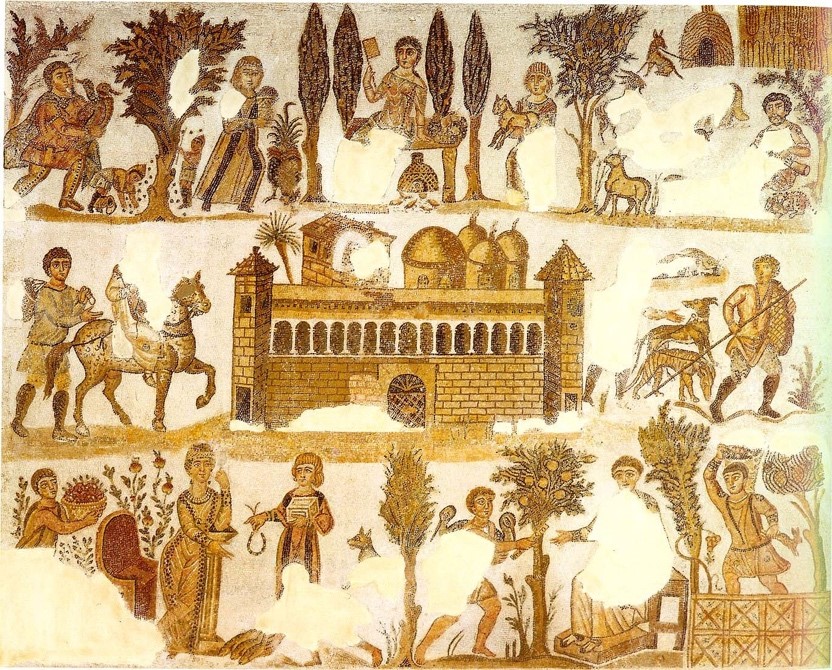Class, Class Consciousness and Class Identity in Antiquity and the Early Middle Ages (c. 3000 BCE-1000 CE)
St John’s College, Cambridge
31 January - 1 February 2020
Recent decades have witnessed an increase in the sophistication of several categories of social analysis (such as ethnicity, gender, religion, and literary education) in ancient and medieval studies. Class, on the contrary, has received significantly less attention after the 1970s, in parallel with the decline of different strands of social history. We invite speakers to revisit the category of class, now armed with the arsenal of tools that the cultural turn, feminist theory, radical race theory, and other scholarly traditions have developed over the past years. In particular, we encourage presentations that discuss how ethnicity, religion, gender, and other social categories informed, articulated, and contributed to the formation of class identity and class consciousness, two concepts that reach back to classical Weberian and Marxist sociology. Papers will discuss how these categories reinforced class hierarchies (distinction), how they created specific and multiple forms of class oppression (intersectionality), and/or how they helped articulate responses to class domination.
There is no conference fee. But if you like to attend, please email John Weisweiler (jw439@cam.ac.uk) for the purposes of coffee, catering and lunch and in order to receive the readings.

Conference programme
Friday 31 January
Ruling Classes and Ruled Classes
(Boys Smith Room, Fisher Building)
Class Formation
9.20am John Weisweiler (Cambridge), Welcome
9.30am Discussion section: De Ste. Croix, Shaw, Van Wees-Fischer
10.30am Lea Niccolai (Cambridge), Transitio ad plebem, or maybe not: Philosophy as class identity in the late antique Greek East
11.10am Marcelo Candido da Silva (São Paulo), Karol and Sisenand: power and social mobility in early medieval Italy
11.50am Coffee Break
Language, Law and Classification
Noon Peter Candy (Cambridge), Class and Legal Development in the Late Republic
12.40pm Olivia Elder (Cambridge), Language and Class in the Roman World
1.10pm Lunch break
Class and Resistance
2.30pm Discussion Section: Crenshaw, Haider
3.30pm Andrew Marsham (Cambridge), Rebellions in the Nile Delta in the 8th and 9th Centuries CE
4.10pm Coffee Break
Class and Slavery
4.25pm Carlos García Mac Gaw (Universidad Nacional de La Plata), Class, class consciousness and identity: Comparative aspects with ancient slavery
5.05pm Nicole Gianella (Cornell), Slaves, Luxury, and Classification
Saturday 1 February
Class Reproduction
(Lightfoot Room, Old Divinity School)
Class, Kinship and Gender
9.30am Discussion section: Fraser, Beard
10.10am Irene Soto Marín (Basel), Class and Female Economic Performance in Late Antique Egypt
10.40am Damian Fernandez (Northern Illinois), Property and Family in the Visigothic Kingdom
11.20am Coffee Break
Class Subjectivity
11.30am Marcelo Campagno (Buenos Aires), Creating an elite in early Egypt (IV- III millennia BC)
12.10pm Julián Gallego (Buenos Aires), The Athenian dêmos as a class, the class as a political subject
12.50pm Final Roundtable